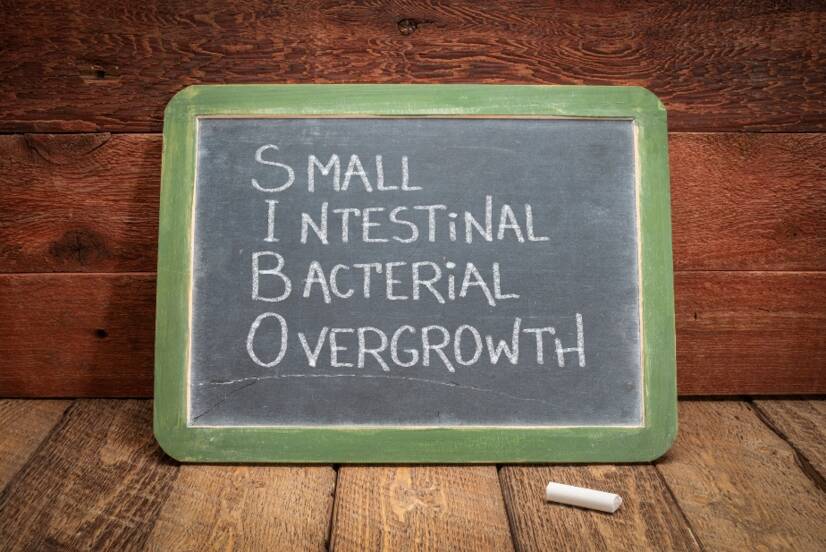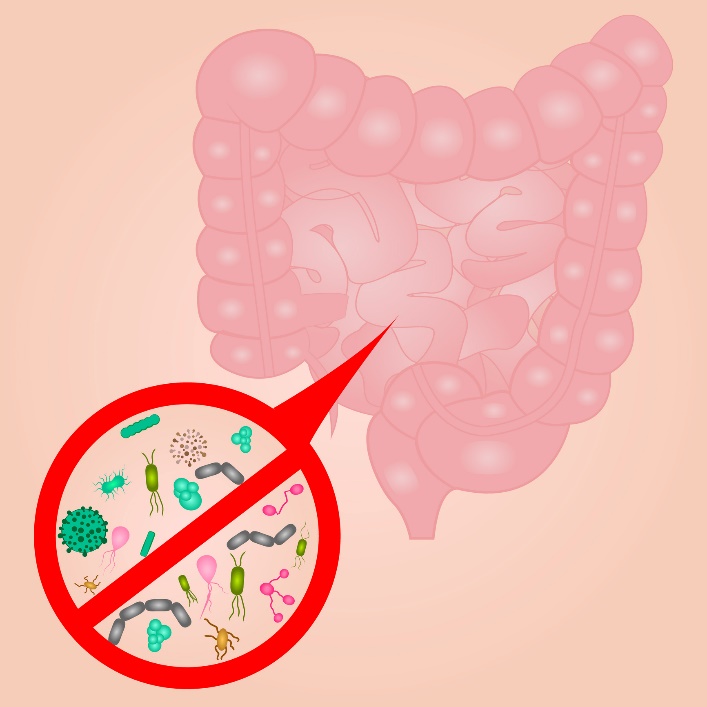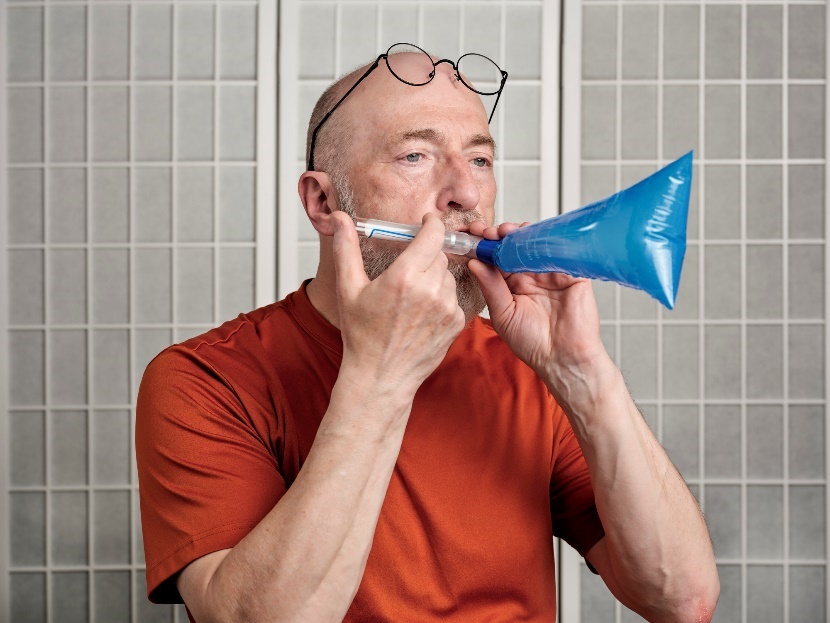- MARTÍNEK, Jan and Pavel TRUNEČKA. Gastroenterology and hepatology in algorithms. Prague: Maxdorf, [2021]. Jessenius. ISBN 978-80-7345-684-9
- ZAVORAL, Miroslav, ed. Mařatka's gastroenterology: pathophysiology, diagnostics, treatment. Prague: Charles University, Karolinum Publishing House, 2021. ISBN 978-80-246-5002-9.
- healthline.com - Everything you need to know about small intestinal bacterial overgrowth (SIBO). Healthline. Angelica Balingit, MD
- medicalnewstoday.com - What you should know about SIBO and its treatment. Medical News Today. Darragh O'Carroll, MD
- pubmed.ncbi.nlm.nih.gov - Small Intestinal Bacterial Overgrowth: Clinical Features and Therapeutic Management. National Library of Medicine. Satish S C Rao, Jigar Bhagatwala
SIBO: What is Bacterial Intestinal Overgrowth Syndrome? Symptoms...

Photo source: Getty images
Most common symptoms
- Malaise
- Abdominal Pain
- Cramps in the abdomen
- Nausea
- Constipation
- Depression - depressed mood
- Diarrhoea
- Flatulence - bloating
- Bloating - flatulence
- Fatigue
- Anxiety
Show more symptoms ᐯ
Treatment - how is SIBO treated? What medications work, is a diet necessary?
Show moreSIBO - bacterial intestinal overgrowth syndrome is treated by
Other names
Overgrowth of bacteria in the small intestine












